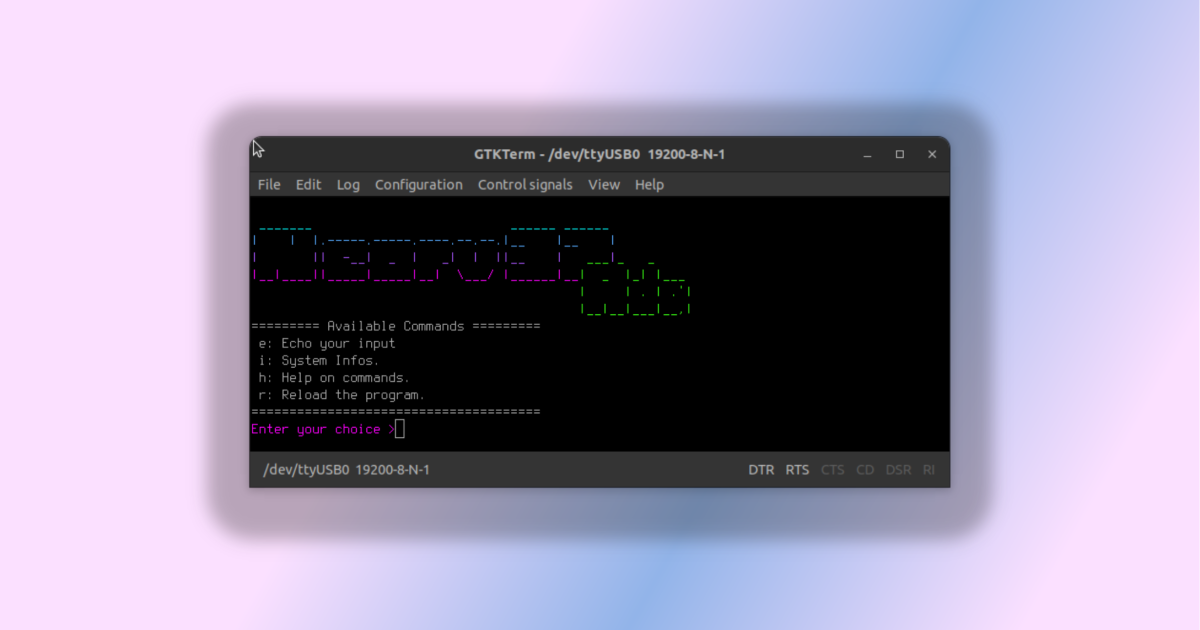It starts with a tiny betrayal.
You check the time. 10:36pm. The adult thing would be to brush your teeth, shut the screen, and glide into sleep like a disciplined monk of circadian virtue.
But instead, you click one more link. Then another. Until suddenly it’s 1:14am, and you're watching a YouTube tutorial on how to escape a bear attack using only a belt and a calm tone of voice.
Why do we do this?
Why—knowing full well the cost—do we willingly rob our future selves of rest?
In a world stuffed with productivity hacks, no single intervention beats sleep. Not caffeine timing. Not cold plunges. Not even the sacred 90-minute focus block.
Good sleep isn't just a pillar of health. It’s the bedrock upon which all pillars stand. Without it, your cognition frays, your mood tilts, and your willpower drains like bathwater through a rusty sieve.
M. Scott Peck called discipline
“the means of spiritual evolution”
and placed delayed gratification at its core. Sleep discipline is this principle incarnate. It's a form of temporal altruism—trading the immediate hit for tomorrow’s clarity, patience, and emotional range.
But discipline, especially at bedtime, is upstream of data. You can know everything about sleep hygiene—the glymphatic system, melatonin cycles, adenosine buildup—and still fail to close the laptop.
Why?
We’re not ignorant. We’re ambivalent.
Sleep discipline pits one self against another: the Present You, aglow with dopamine and flickering tabs, versus the Future You, pleading for a better shot at existence.
Kahneman would call this a tug-of-war between System 1’s impulsive drive and System 2’s long-term reasoning. Ellen Langer might suggest we’re sleepwalking through our bedtime ritual, locked in mindless inertia. And Peck—again—might say we’re simply avoiding responsibility.
But here’s the thing: every time you choose sleep, you reinforce a self-concept. Not just someone who sleeps well, but someone who chooses wisely. Night after night, you etch a story into your identity—either of self-respect, or self-abandonment.
In this way, sleep becomes moral algebra. Each bedtime is a miniature referendum on your personal agency—a nightly vote for the self you want to become.
Of course, this isn’t just personal. It’s systemic.
Indeed, we live in a culture that valorizes grind, glorifies insomnia, and treats exhaustion as evidence of dedication. This isn’t virtue—it’s vandalism. What looks like ambition is often just poor sleep hygiene with a better PR team.
Nassim Taleb reminds us that anti-fragility requires recovery. Systems that don’t rest break under volatility. Biological systems are no different.
Bayesian reasoning demands that we update beliefs in light of evidence. Well, the evidence is clear: chronic sleep deprivation impairs judgment, slows learning, erodes empathy, and increases mortality risk. Yet society clings to outdated priors, as if needing rest is a character flaw rather than a feature of our design.
As I suggested in “Are These 18 Things All That’s Killing You?”, health is often the cumulative result of neglected basics. Sleep isn't glamorous, but it might be the most underrated high-performance drug on Earth.
So what does it mean to practice sleep discipline?
It means treating bedtime like a sacred appointment. It means closing loops before the world goes dim. It means resisting the algorithmic tide and reclaiming attention before your mind dissolves into late-night mush.
Share with someone who always says “just five more minutes” and means an hour.
More importantly, it means rejecting the seductive idea that “just a little more” is ever harmless.
“The chains of habit are too light to be felt until they are too heavy to be broken.”
Sleep discipline is the decision to break those chains early. It’s not just a health choice—it’s an existential one. Because the kind of person who protects their sleep is the kind of person who protects everything else: their time, their mind, their future.
So tonight, maybe don't ask “What time should I go to bed?”
Ask: What kind of person do I become when I do?
Because sleep is not the absence of consciousness but the practice of becoming whole again. And tomorrow, when you glance at the clock—10:36pm, again—see the moment for what it is. It’s the next line in your story. And this time, maybe write a better one.
P.S. If you’re reading this at 1:14am... you know what to do.
.png)



![Is the AI bubble too big to burst? [video]](https://www.youtube.com/img/desktop/supported_browsers/firefox.png)

